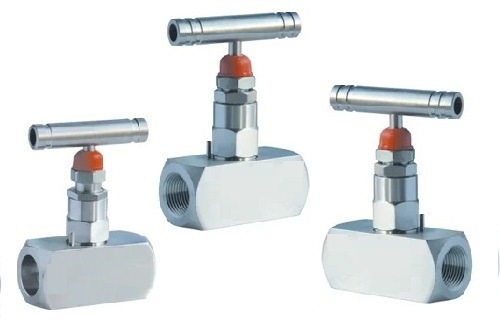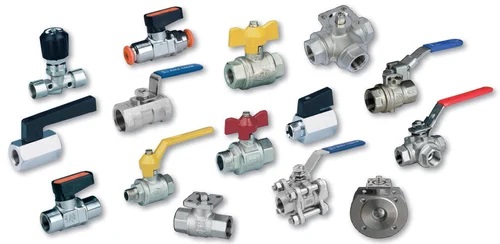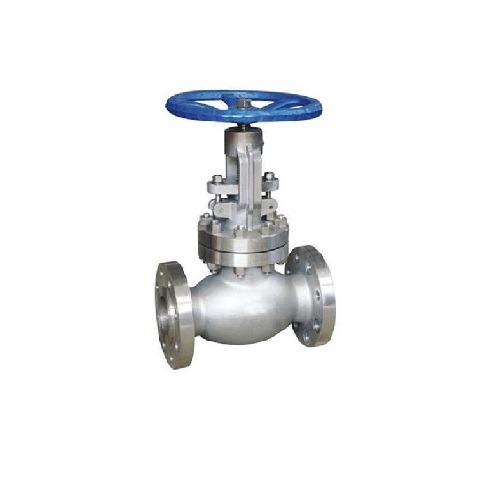Instrumentation Valves
Ball Valves
Write a short description of this category
Globe Valves
Write a short description of this category
Ball Valves






Instrumentation Valves, often referred to as "instrument valves" or "gauge valves," are critical components in process measurement and control systems. These valves manage the connection and isolation of various instruments like gauges, sensors, and other measurement devices in a piping system. Commonly found in process industries, these valves help maintain precision and reliability in fluid and gas control.
Key Features
Compact Size: Typically ranging from 1/8" to 1" in connection sizes, making them suitable for tight spaces.
Types: Needle valves are the most common, but ball valves and other specialized variants are also widely used.
High Pressure Handling: Designed to withstand pressures up to 6000 PSI, making them suitable for critical applications involving both liquids and gases.
Why Are Instrumentation Valves Essential?
Leak-Proof Service: Ensures reliability in process control by preventing any leakage, crucial for safety and efficiency.
Quick Operation: These valves open and close swiftly, improving operational speed and system responsiveness.
Low-Maintenance Design: The valves require minimal maintenance and typically don’t need lubrication, reducing operational costs.
Cost-Effective: Compared to other valves, they offer a more affordable solution while delivering dependable performance.
Throttling Characteristics: Although they have poor throttling abilities, leading to potential seat erosion, this makes them ideal for applications where precise flow control isn’t needed.
Multi-Way Design Flexibility: Offers versatile installation options, making them adaptable to different piping layouts and process requirements.
Instrumentation valves play a crucial role in ensuring that measurement and control instruments function reliably and accurately in a wide range of industrial processes.


